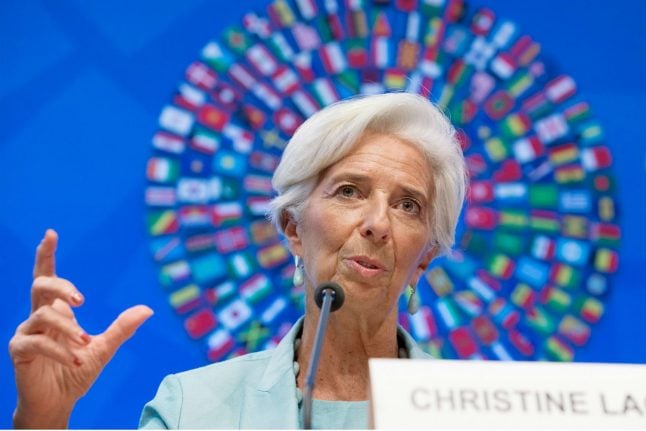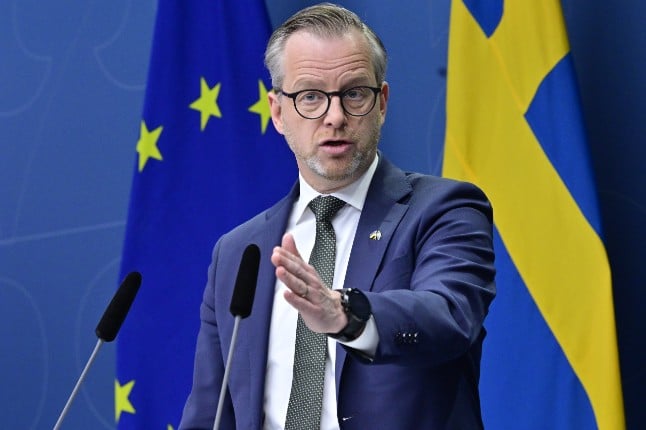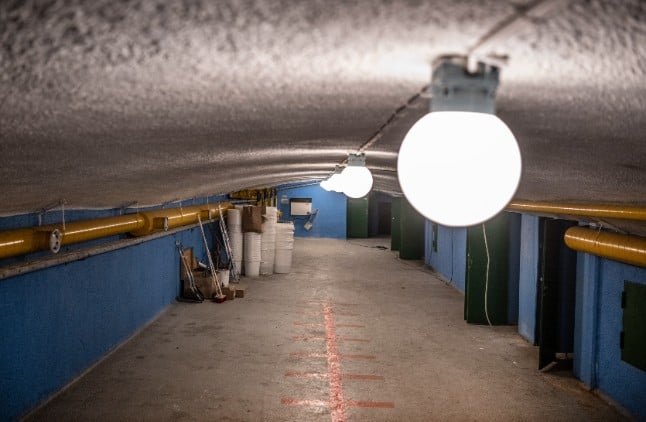Berlin should spend budget surpluses “to invest more in public infrastructure, such as roads, railways and digital infrastructure,” Lagarde wrote in a blog published late Wednesday.
Lagarde's advice came ahead of a Thursday conference with top economists and policymakers from around Europe hosted in Frankfurt by the IMF and the Bundesbank, Germany's central bank.
Chancellor Angela Merkel's conservative-led governments have pursued the “black zero” policy, which calls for paying down old debts and avoiding creating new ones.
Proponents argue Germany must put its financial house in order to meet EU rules and brace itself for a looming demographic transition, which will see the economy transformed as millions born during the postwar baby boom head into retirement.
But increasing investments now could mean “higher growth in the long term will improve prosperity, helping to offset the costs of an ageing society,” Lagarde wrote.
“We have also advised the government to spend more on reforms that help women go back to work, such as opening more childcare centres and kindergartens,” as well as “creating training programmes for refugees”, she added.
Other suggestions the former French finance minister offered Germany included stoking wage growth to help boost inflation in the 19-nation euro area, and finding ways to reduce its massive trade surplus — the amount its
exports outweigh its imports by.
The IMF and Germany's allies and trading partners abroad, especially neighbour France, have repeatedly issued such calls in recent years.
Her advice met with a frosty reception from Bundesbank chief Jens Weidmann, who argued Germany should “maintain a safety margin to the existing fiscal rules (on debts and deficits) in the face of the looming democratic challenges” in a Thursday morning speech.
Investments and other measures to boost potential growth “require a shift in public expenditure from consumption to investment, rather than increased spending,” he insisted.
“This may not be the most attractive thing to do. But it would be the right thing to do,” Weidmann added.
Lagarde's own conference speech is slated for 1400 GMT Thursday.




 Please whitelist us to continue reading.
Please whitelist us to continue reading.